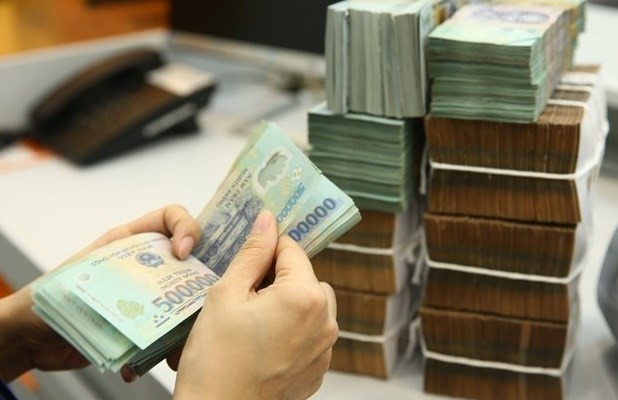 Illustrative image (Photo: VNA)
Illustrative image (Photo: VNA)
Government debt, government-guaranteed debt and local government debt also decreased. Specifically, government debt, government-guaranteed debt and local government debt dropped from 51.7 percent, 9.1 percent, and 1.1 percent of GDP in 2017 to 39.1 percent, 3.8 percent and 0.6 percent in 2021, respectively.
In addition, the country's foreign debt also decreased to 38.4 percent of GDP by the end of 2021 compared to 49 percent in 2017.
As of 2021, the country's obligation of foreign debt repayment on total exports last year was 6.2 percent, while the government's debt repayment obligation compared to state budget revenue was about 21.8 percent.
Notably, foreign debt decreased while domestic debt increased. By the end of 2021, foreign debt was about VND1.075 quadrillion (US$45.9 billion), while domestic debt rose to more than VND2.2 quadrillion, accounting for 67.2 percent of outstanding government debt.
The Ministry of Finance's report showed that by 2021, Vietnam's largest bilateral creditor was Japan with more than VND316 trillion, followed by the Republic of Korea (VND32 trillion), France (VND30 trillion) and Germany (VND14 trillion).
Meanwhile, the World Bank was the biggest multilateral lender of Vietnam with over VND380 trillion, followed by the Asian Development Bank with VND188 trillion.
In April, Deputy Prime Minister Le Minh Khai signed a decision approving the public debt strategy until 2030, which sets a target of keeping it at under 60 percent of the GDP and Government debt not exceeding 50 percent of the GDP in 2030.
























